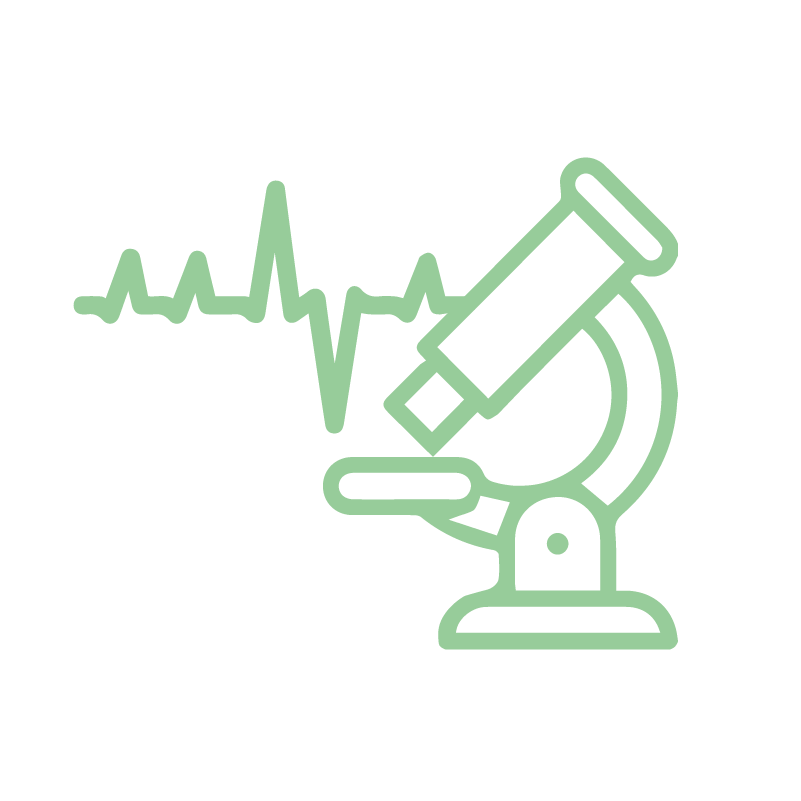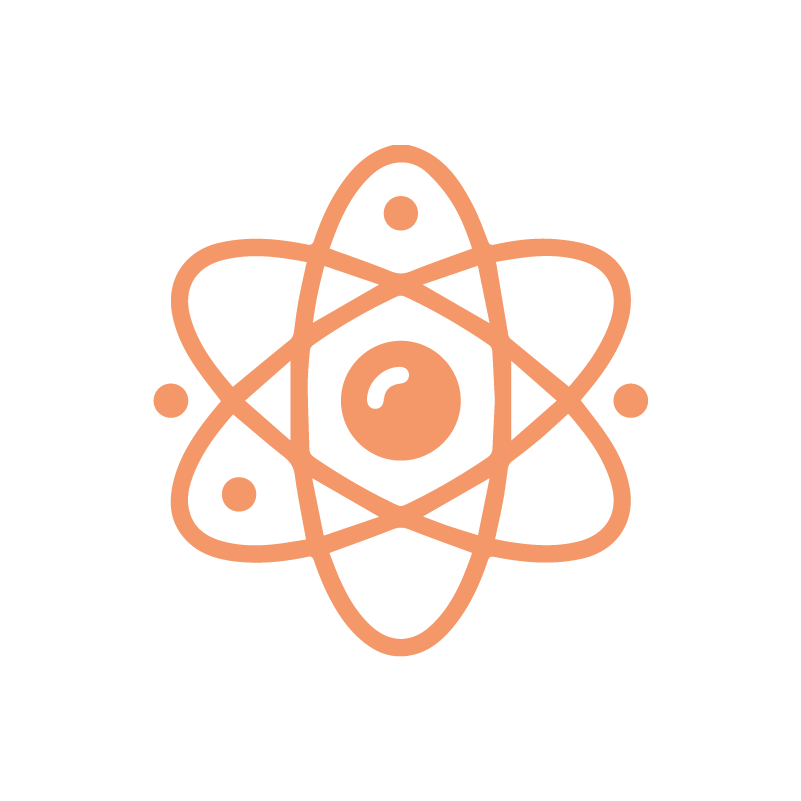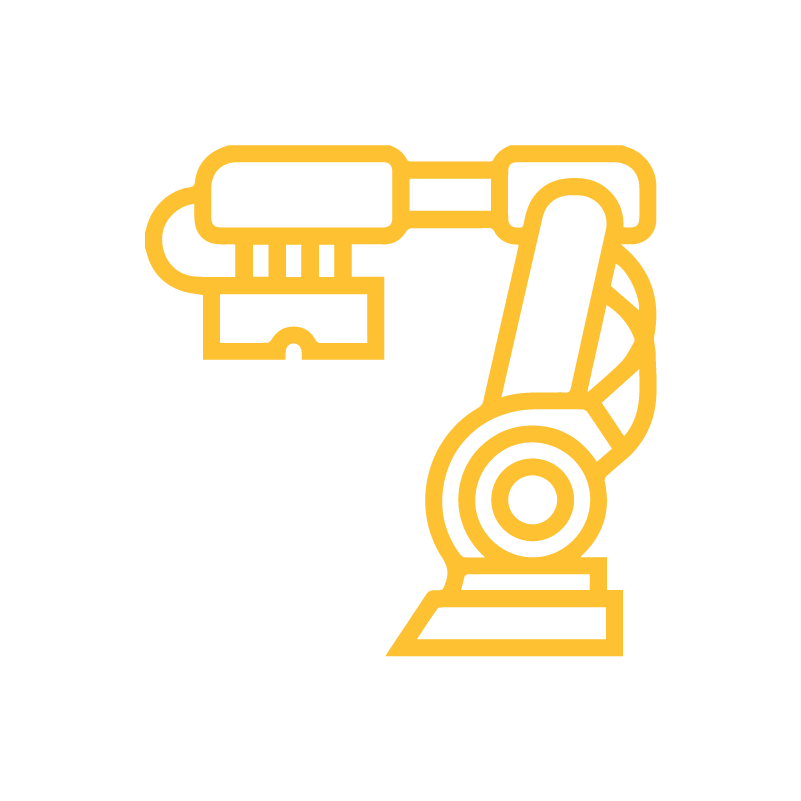Our field of application
“HPC is a major technology for scientists (astrophysicists, climatologists, epidemiologists, biologists, geologists, etc.) and industrial engineers alike”, explains Bérenger Bramas, researcher at the Inria Nancy – Grand Est center and pilot of the Texas research program in a recent article before adding: “Some simulations, for example in meteorology, require significant, even extraordinary, computing power. They can only be carried out on supercomputers, which are capable of performing several million billion computing operations per second”.
Source : inria.fr
Les domaines d'applications
Convergence of HPC and AI

Digital simulation and virtualization
Artificial Intelligence

Advanced digital skills
Wider use of digital technologies throughout the economy ans society

Cybersecurity
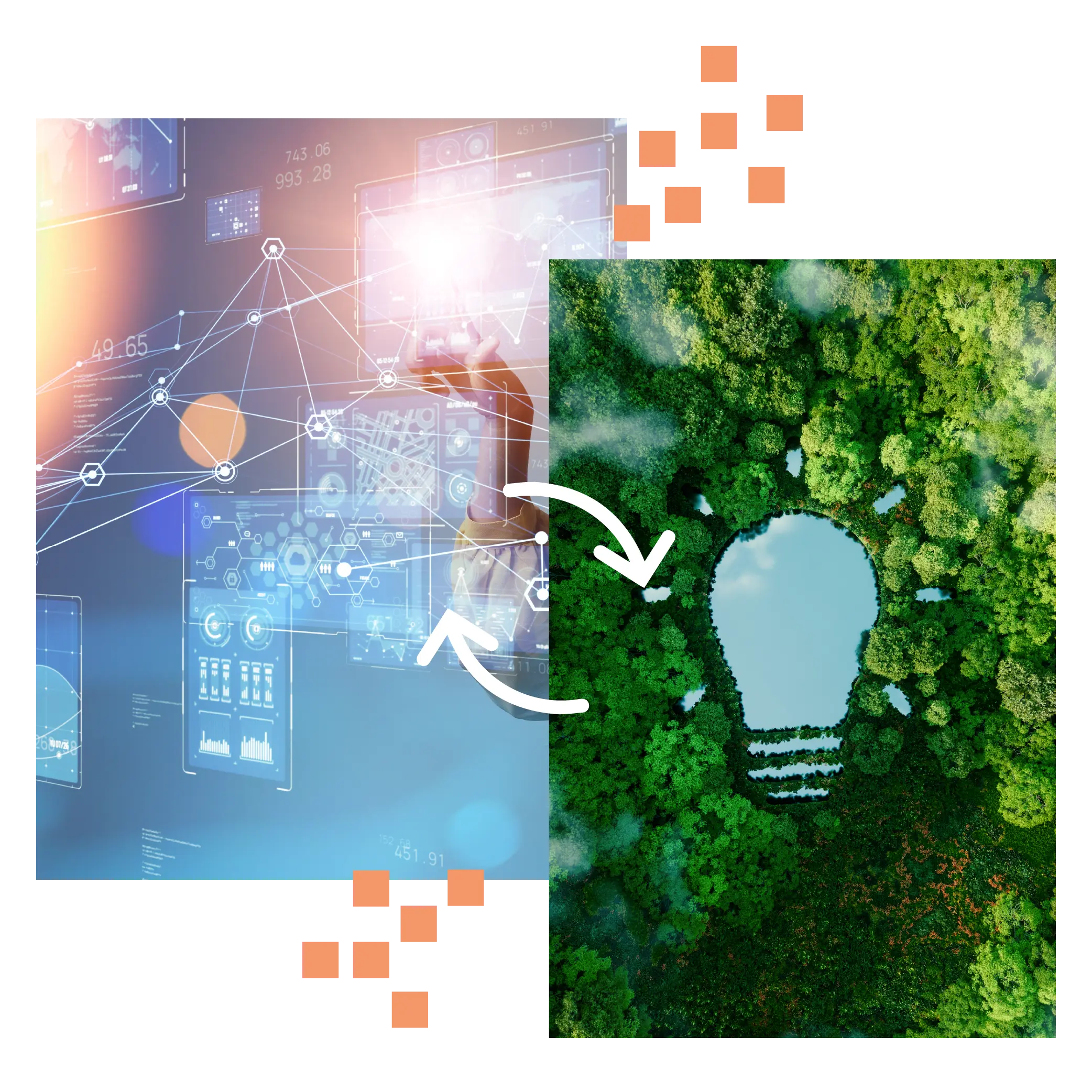
Make the growth in computing requirements compatible with environmental concerns
The market must meet user requirements while respecting environmental contingencies.
High-density data center infrastructures must be eco-efficient in order to limit their carbon footprint and energy cost.
Towards the Smart City
Today, new methods are being put in place to collect phenomenal quantities of data via sensor arrays distributed throughout cities. Different in nature and format, they come together in digital simulation systems combining HPC and AI. Today, the Smart City is developing to provide new services to citizens. It has a dual objective: to better understand the territory and to anticipate phenomena.
There are many possible uses. For example, they affect the city’s public services: transport, waste collection, energy and water management, security, health, education, etc. They also include environmental analysis, air quality and climate risk assessment.

